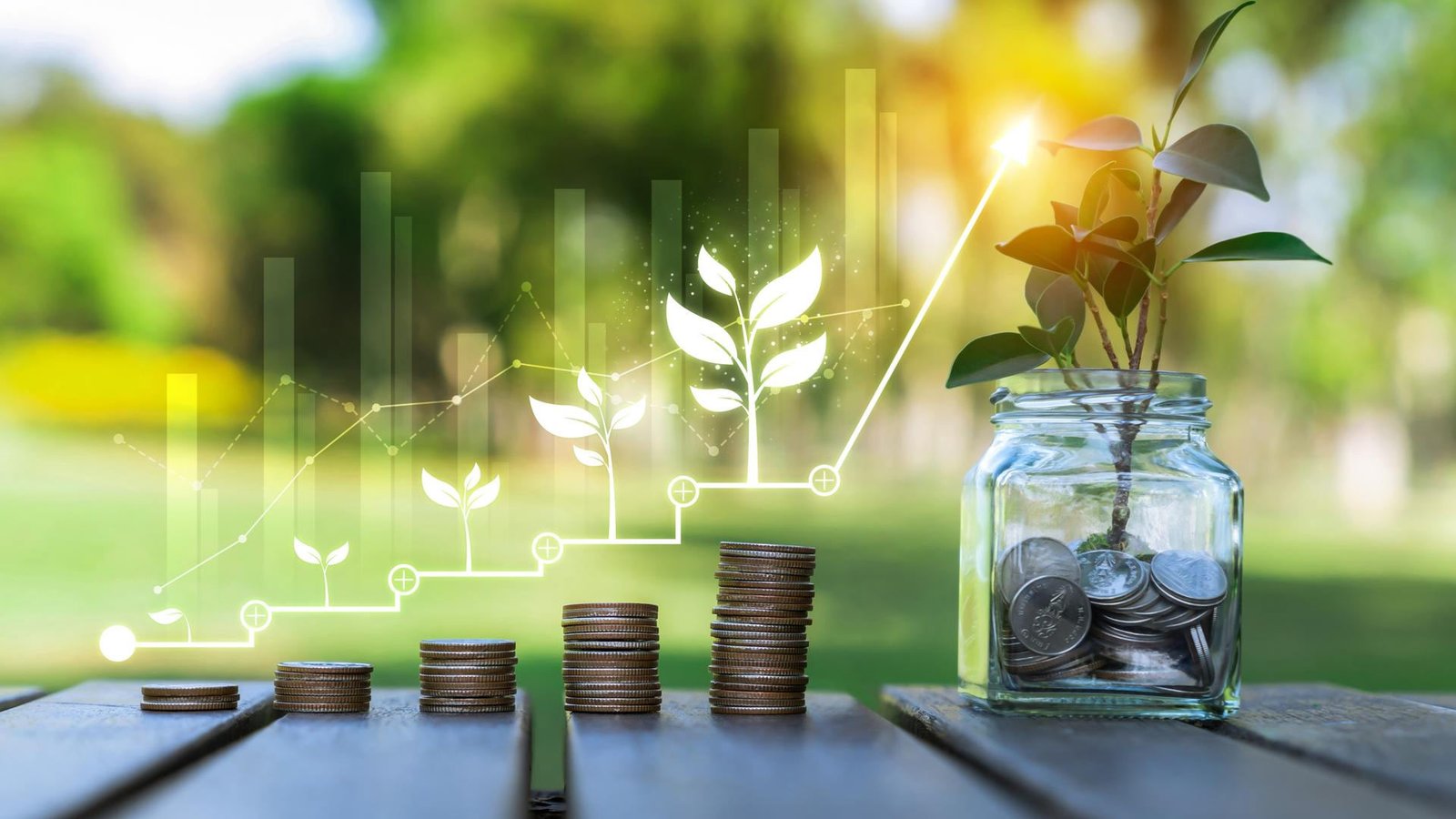With the presence of an exceptional speaker: David Cormand, Member of the European Parliament and co-author of these regulations, the official sessions will address the urgent challenges of the ecological transition in these two global industries, as the European Regulation on the Eco-design of Sustainable Products (ESPR), a cornerstone of the Green Deal, prepares to reshape the global fashion sector, and labels of “regenerative” and “organic” becoming increasingly popular in the agri-food industry.
Glimpact, the first platform for analyzing the overall systemic environmental impact of products and organizations, today announced that it has been selected by the Climate Week NYC organizing committee to host two official events this September. The sessions will open debate on the urgent challenges of the ecological transition in the fashion and agri-food industries. Both industries confront the accelerating impacts of climate change, as the global fashion industry prepares for one of the European Green Deal’s most transformative measures: the Regulation on the Eco-design of Sustainable Products (ESPR). Meanwhile, the Agri-food sector has seen the expansion of “organic” and “regenerative” practices, but as these gain traction, we must look clearly at the environmental performance behind these labels.
On September 24, Glimpact will host “The EU’s Eco-design for Sustainable Products Regulation (ESPR) has entered into force mandating digital product passports: What is the path forward for the US fashion industry?,” a hybrid session in New York City designed for fashion and textile stakeholders. This event will analyze the key requirements of the Eco-design for Sustainable Products Regulation adopted by the EU, including eco-design requirements and the digital product passport, and their implications for the global fashion industry, particularly for American brands.
The discussion will also present the methodological framework for fashion, the PEFCR Apparel & Footwear, detailing its scientific foundations as well as the challenges of practical deployment. In addition, pioneering brands and stakeholders already working with the framework will be highlighted, and the session will introduce a clear path for U.S. fashion companies to prepare for ESPR and leverage it as a driver of authentic sustainability and competitive advantage.
For this event, Glimpact has brought together an exceptional line-up of high-level speakers, including the presence in New York of an eminent member of the European Parliament, David Cormand, co-editor and rapporteur of the ESPR, who will discuss the political issues at the global level of the entry into force of this major legislation.
Speakers and panelists include:
- David Cormand, Member of European Parliament, Co-rapporteur of ESPR
- Pauline Keraudy, Sustainable Sourcing Director, Groupe Beaumanoir
- Nicole De La Cruz, Global Sustainability Director, Wilson Sporting Goods
- Katy O’brien, Head of Sustainable Innovation, New Balance
- Lewis Campbell, Director of Data & Digital Transformation, the Footwear Collective
- Sally Qiu, Senior Research Associate, Columbia Center on Global Energy Policy
- Alina Diaz, Entrepreneur, Brand Marketing Strategist, Founder & CEO of Alina Diaz
- Christophe Girardier, CEO and Co-Founder, Glimpact, who will give his vision of the challenges of the entry into force of the ESPR and the ecological transition of the sector, will lead the conference and will be the moderator
On September 25, Glimpact will convene “How to determine if organic or regenerative agriculture outperforms conventional practices? The real stakes for agri-food’s ecological transition,” a hybrid panel aimed at agriculture and food leaders. This discussion will present the new scientific reference framework adopted by the EU and recognized by the United Nations, which accounts for 16 impact categories throughout the product life cycle, to assess and analyze the environmental footprint of agricultural practices and agri-food products. This new scientific doctrine radically changes our view of the true explanatory factors of the agri-food industry’s environmental footprint.
This session will present the findings of two recent Glimpact studies: one examining the main drivers of the sector’s footprint and the most effective levers for reducing it, and the other analyzing the measured performance of organic and regenerative practices compared to conventional agriculture, highlighting the conditions under which these practices can be truly implemented sustainably, and conversely, those or these practices can be worse than conventional practices. Finally, the panel will feature a dialogue with expert scientists in these fields and industry pioneers who are already implementing this framework at scale to reduce impact through eco-design, set SBTI targets, and comply with CSRD reporting.
Discover the latest trends and insights—explore the Business Insights Journal for up-to-date strategies and industry breakthroughs!

